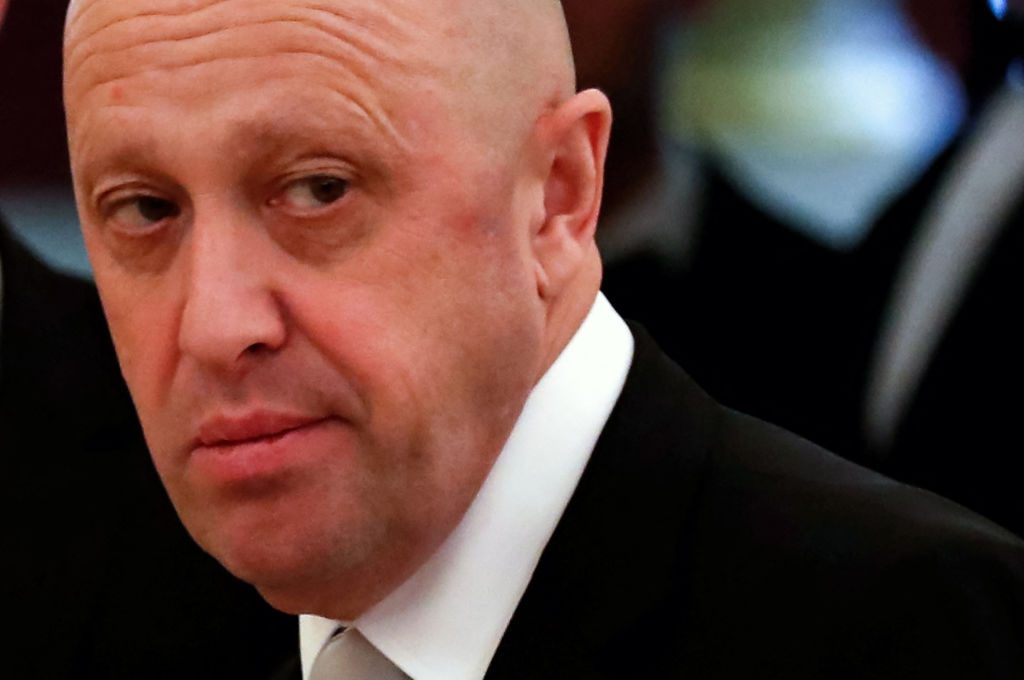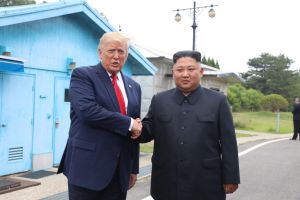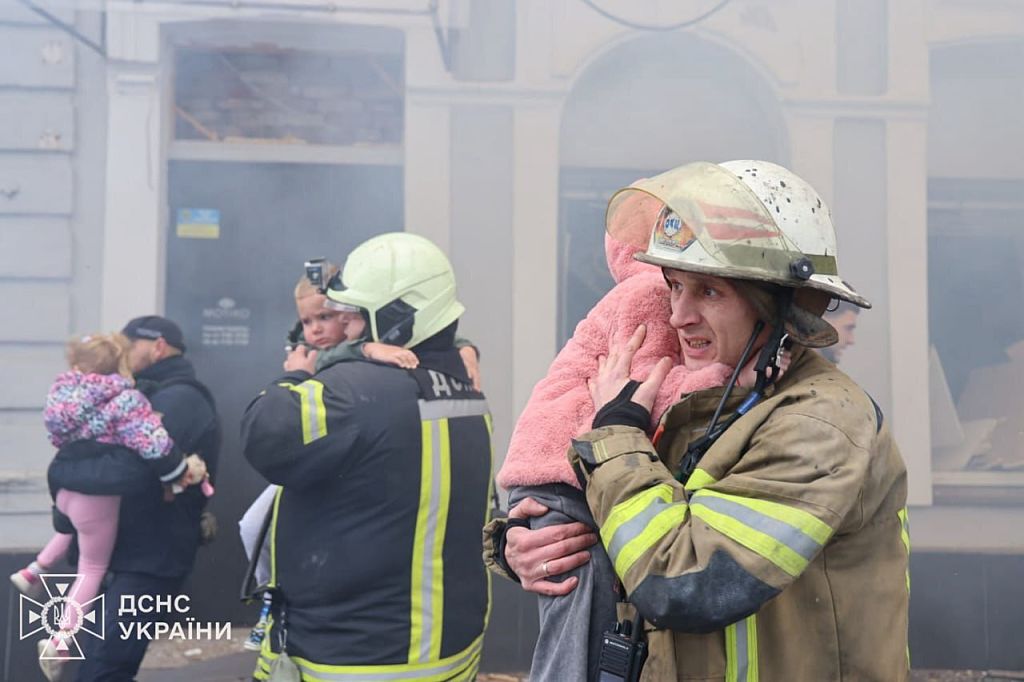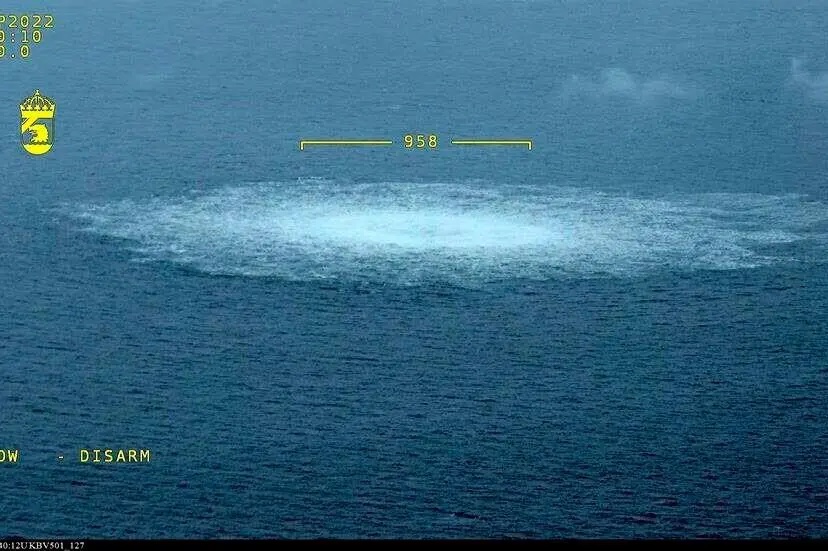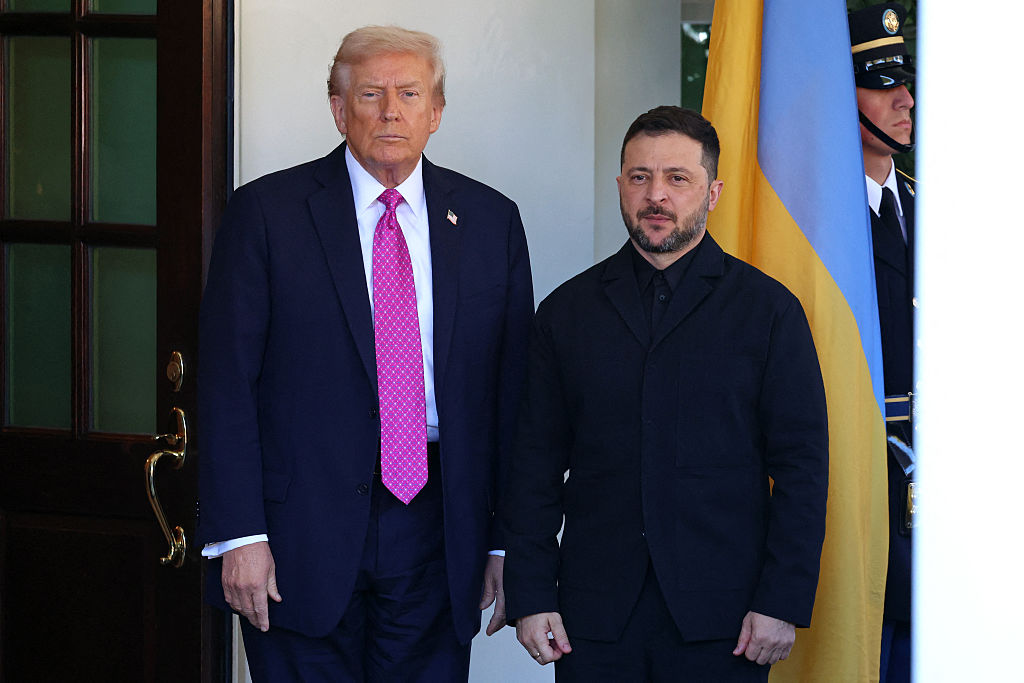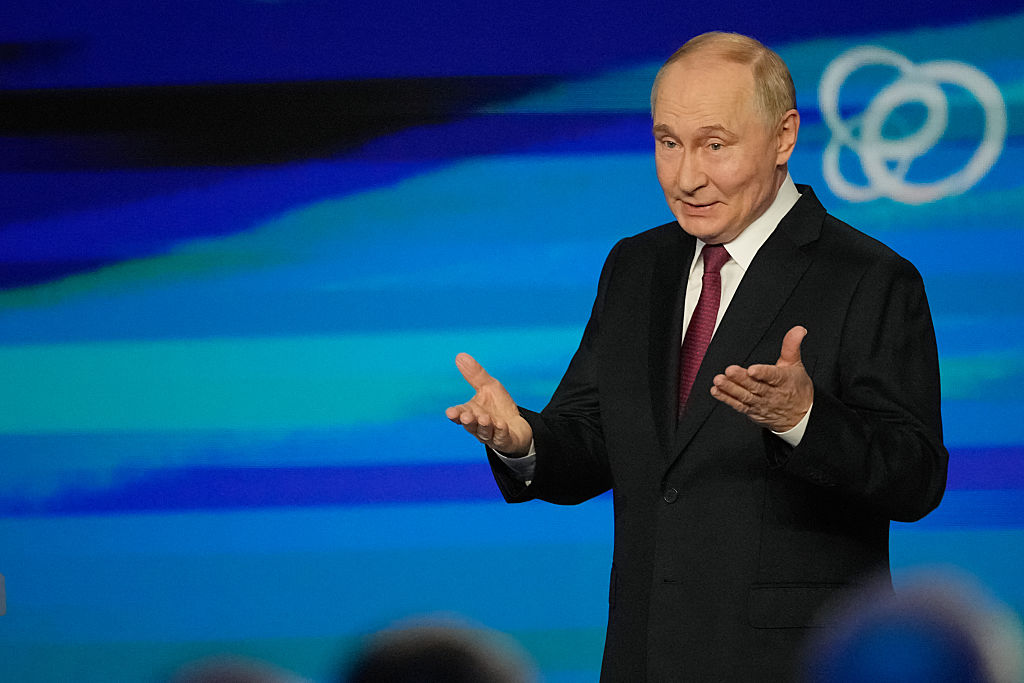Yevgeny Prigozhin, the businessman behind the Wagner mercenary army, likes accusing his political enemies of “treason” for not backing him as much as he wants. Now, though, he appears to have committed that very crime himself — with the revelation that US intelligence reports suggest he tried to cut a deal with HUR, Ukrainian military intelligence.
These reports were part of the trove of classified materials leaked onto the Discord gaming server earlier this year. Taken on their own, they could be regarded as sneaky fakes intended to undermine Prigozhin, yet many other documents within the collection have quietly been acknowledged as real. While it still cannot be taken as wholly proven, in Russia even some of Prigozhin’s erstwhile supporters are accepting their veracity.
Indeed, when Ukraine’s president Volodymyr Zelensky was asked about the claims during an interview with the Washington Post, he responded with a prickly defensiveness. This did little to dispel belief in either the Prigozhin claims, or separate US reports that suggested Zelensky himself had raised the prospect of cross-border incursions into Russia — something he has denied in public.
This is an example of the way that Putin’s style of managing the elite has proven dangerously dysfunctional
According to the reports, Kyrylo Budanov, head of HUR, warned Prigozhin that a Russian plot to destabilize Moldova involving former Wagner fighters was intended to incriminate him, precisely because he already had dealings with HUR. These were apparently arranged in Africa, where Wagner has extensive interests, and led to Prigozhin making an extraordinary offer in January: in return for the contested city of Bakhmut, he would supply Kyiv insider intelligence on the location and disposition of regular Russian military units and ammunition stocks. He even encouraged Kyiv to launch an attack on Crimea.
That Prigozhin is a thuggish opportunist willing to throw anyone under a bus when it suits him is hardly news. However, if the reports are to be believed, it would suggest that his desperation to deliver Vladimir Putin a victory at Bakhmut, as well as his vendetta against Russia’s defense minister Sergei Shoigu, pushed him to foolhardy lengths. As it was, the Ukrainians rejected the offer, suspecting double-dealing.
If it were a ruse, though, one might expect Prigozhin to say so, now that it has become public. Instead, he dismissed it as a laughable smear dreamed up by “people from Rublyovka” — an exclusive Moscow suburb, home of many of the elite — to undermine him, adding that “reading this is of course nice,” because it implied “Zelensky is also obeying my orders.”
This is an example of the way that Putin’s style of managing the elite has proven dangerously dysfunctional when transplanted to the battlefield. A culture of mutual suspicion, cannibalistic competition and opportunistic self-interest has kept Putin in power for more than two decades. It has allowed him to play individuals and interests against each other and forced the members of his court constantly to seek his ear and favor. In war, though, the need is for unity, discipline and mutual support — something the Ukrainians are displaying and the Russians clearly lack.
Prigozhin appears to be willing to see the Russian invasion falter, so long as Wagner could shine. This treachery — because it is hard to characterize it as anything else — may seem extraordinary (and it is extraordinarily foolish), but it is no more than a particularly extreme by-product of Putin’s system.
It poses an acute challenge for the president. For all his macho public persona, Putin is not a man who takes difficult decisions easily or quickly, and he is clearly uncomfortable with any major reshuffles at the top of his security structures. He may be tempted to try and ignore these revelations in the name of not disrupting Wagner at a time when it is still at the forefront of the battle for Bakhmut and with the Ukrainian counter-offensive looming, or simply give Prigozhin a symbolic slap on the wrists.
If he does that, though, he will show himself as weak. At a time when so many within the elite are wondering for all kinds of reasons whether Putin is still the man Russia needs, any such missteps make it more likely that when he is faced with some true systemic crisis, they will decide he neither deserves their support, nor is dangerous enough to compel it.
This article was originally published on The Spectator’s UK website.



